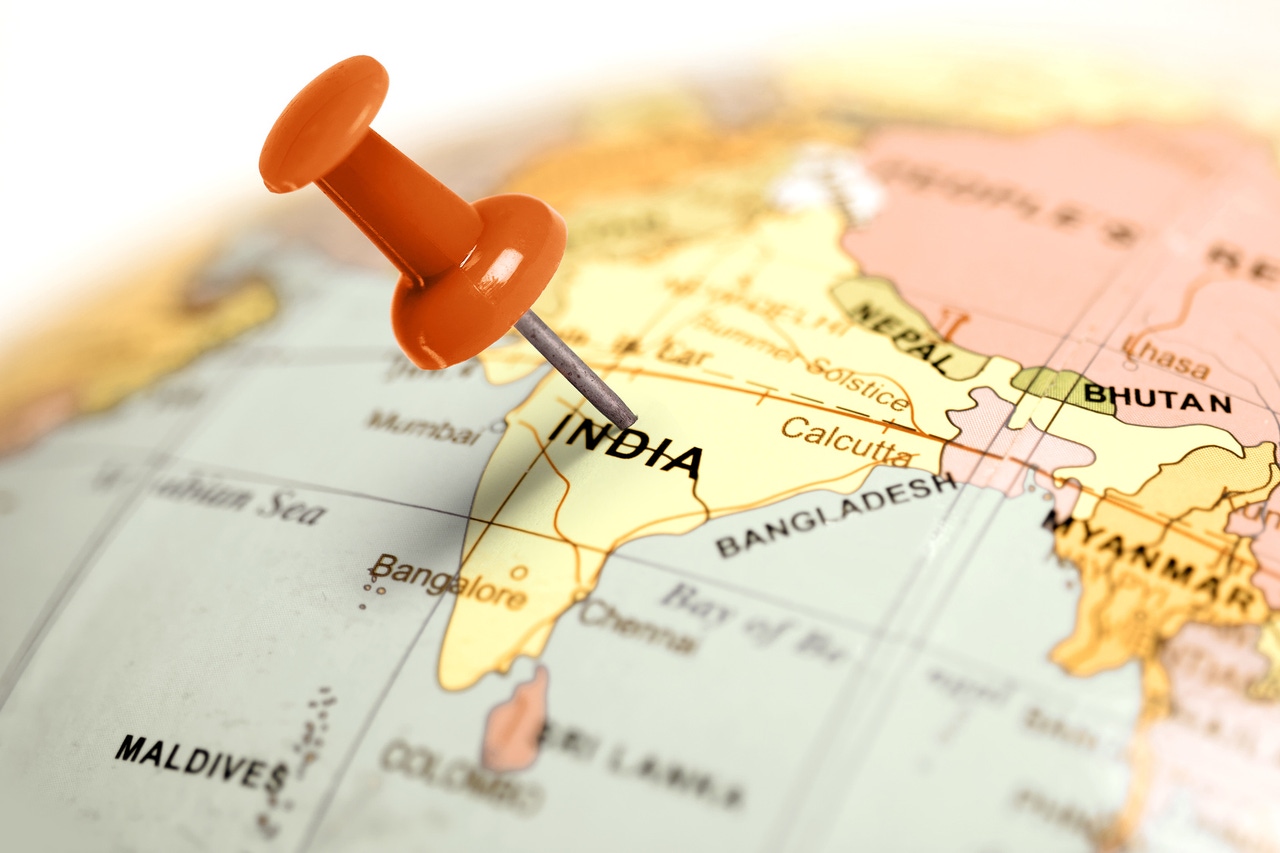Indian government strives to save its dwindling telco industryIndian government strives to save its dwindling telco industry
Government officials have reportedly been having meetings to figure out how the prospects for Vodafone Idea can be improved and three-way competition can be preserved.
February 19, 2020

Government officials have reportedly been having meetings to figure out how the prospects for Vodafone Idea can be improved and three-way competition can be preserved.
Rumours have been circling the Indian telco space over recent weeks as it appears the industry is sleep-walking towards the death of Vodafone Idea and the creation of a defacto duopoly. One potential outcome in the immediate future would be invoking banking guarantees, a precursor to termination of telecom licences, according to the Economic Times, though this would be a worrying move.
With finance and telecoms ministers meeting in private, the objective could be to preserve a level of competition which is deemed adequate. Three private telcos should be considered the absolute minimum, though this is arguably too few for a nation the size of India. If the status quo is to continue concessions will have to be made.
What is actually being discussed behind closed doors remains to be seen, though reports are suggesting the Indian Government is seeking remedies to the precarious situation. This may well mean deferred or staggered repayments for the €7 billion spectrum bill being faced by both Vodafone Idea and Bharti Airtel.
The seriousness of the situation in India should not be taken lightly, though whether the Indian Government has the foresight to appreciate the damage which could be done in pursuing immediate repayment remains to be seen.
Vodafone Group CEO Nick Reid has repeatedly stated he would not be prepared to invest more capital in the market, or at least the vast sums which are being discussed today. It does appear Vodafone is prepared to wrap-up the joint venture between itself and Idea Cellular. Reid is perhaps looking at the big picture.
Vodafone is under pressure in several markets across the world. In the UK, it is spending significantly to bolster its current market share, while both Spain and Italy are presenting challenging environments thanks to heightened competition. India offers great potential, but $7 billion is a significant investment to remain in the hunt. At some point, executives will have to question when the end is nigh.
The ‘Chase Theory’ is usually associated with compulsive gambling, but it is also applicable here. As one of the simplest forms of gambling, the punter doubles down to recoup losses in pursuit of a theoretical gain. India is a market which offers great rewards due to a massive population and rapid digitisation, but it is proving to be a very costly pursuit. The last thing Reid will want to do is bankrupt his business chasing the hypothetical pot of gold at the end of the rainbow.
If the Indian Government does not introduce some flexibility into its mindset in dealing with the telcos, the market will soon devolve into a defacto duopoly. Admittedly, there are two state-owned telcos still in the fray, but these are providing next to no genuine competition. For a sustainable and healthy telecoms industry in India, the existence of Vodafone Idea should be considered priority number one.
The trickiest aspect of this discussion will be how to maintain credibility as an authority; the Indian Government needs to help Vodafone Idea, but it cannot be held to ransom by divas in the telecoms space.
About the Author
You May Also Like










.png?width=300&auto=webp&quality=80&disable=upscale)


_1.jpg?width=300&auto=webp&quality=80&disable=upscale)